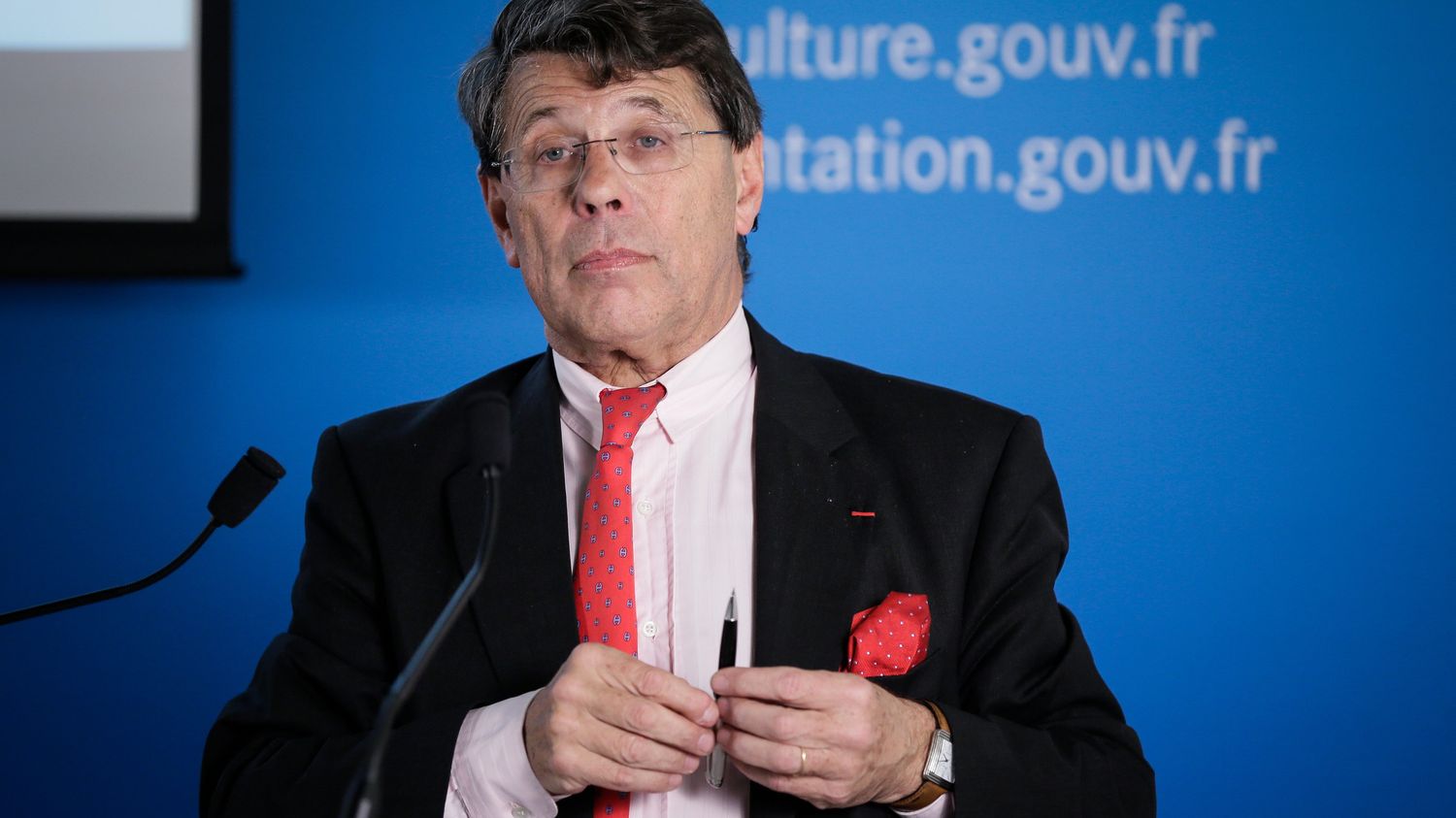After the Russian announcement of the non-renewal of the agreement on the export of Ukrainian cereals, Philippe Chalmin, professor emeritus at Paris-Dauphine University, believes that the risk of a food crisis is overestimated by the United Nations .
There won’t benot a lot of consequences“in the event of non-renewal of the agreement on grain exports by the Russians, said Monday July 17 on franceinfo Philippe Chalmin, professor emeritus at the University of Paris-Dauphine, specialist in raw materials and energy. Russia has officially notified its refusal to renew the agreement which allows the export of Ukrainian cereals via the Black Sea. Signed in July 2022, this agreement must expire Monday at 11 p.m. Paris time, after having already been renewed in March , then last May.”There has never been any risk of a food crisis. It is part of the diplomatic language used by the United Nations which has dramatized the situation“.
>>> War in Ukraine: follow the latest information
franceinfo: What consequences would the non-renewal of this cereals agreement have?
Philippe Chalmin : Not a lot of consequences insofar as it is necessary to realize that this agreement allowed Ukraine last year to export about 50 million tons of cereals. 25 million, so half of the tonnage, passed through the Black Sea, as part of the grain agreement. A quarter went through Europe and a quarter through the small piece of Ukraine which directly touches the Danube. This is an outlet that Ukraine is trying to develop. There is ambiguity because of the 50 million tons of cereals exported in 2022-2023, there were 30 million tons of corn. And this corn is intended for animal feed. It is bought by Spain, by China. There were only 17 million tons of wheat, the main exporter on the world wheat market is simply Russia. Wheat prices have hardly budged lately and are just over half of the peaks reached last year.
If this agreement is not renewed, would there be no risk of a food crisis in the poorest countries?
But there was never any risk of a food crisis. It is part of the diplomatic language used by the United Nations which has dramatized the situation. There was no food crisis. Currently, the price of wheat is around €230 per tonne; a year ago we were over 400 €. Indeed, the importing countries of the third world have paid this difference. In a certain number of countries, there are indeed problems of food poverty, problems of hunger. And these problems are linked to fighting, to civil wars, to bad governance. The countries concerned are the Democratic Republic of Congo, Sudan, Nigeria, Syria, Yemen, Palestine. But it is a crisis caused by men and not by the lack of availability of cereals. On the wheat market, which is the market for human food cereals, Ukraine still weighs relatively little.
With everything you are telling us, does that mean that in the end, Russia’s means of pressure are quite weak?
Let’s say they don’t play much of this card and in reality they haven’t closed the door. They just demand one thing that was part of the penalties. When we started to sanction Russia, we notably sanctioned Russian banks by excluding them from the interbank payment system that is the Swift system. What they are at least demanding is that the Russian bank of reference in this field, which is the Agricultural Bank of Russia, can be reintegrated into the Swift system. And for the moment, they have not been heard, so they manage to export. It’s just more complicated because most Western banks are extremely reluctant to work with Russians.
